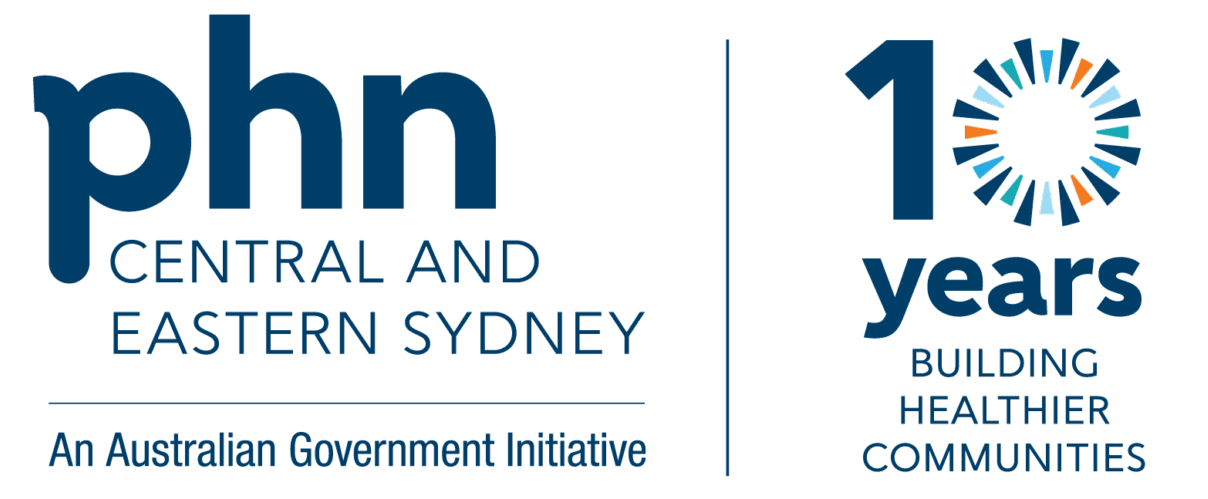
The project will trial an integrated model of care that aims to:
Australia’s paediatric population has grown by 19% in the last two decades, with 53% of this growth in NSW and Victoria. However, Medicare data indicates that the proportion of child visits to primary care is steadily decreasing.
Children also comprise the largest proportion of all emergency department attendances. At Sydney Children’s Hospital Networks (SCHN), there has been a 26% increase in the number of children attending outpatient clinics over the last three years. This has led to a significant increase in wait times.
Many children who present to hospital services are attending for conditions such as upper respiratory infections, asthma and low severity behaviour problems. These conditions have the capacity to be well managed in primary care, which can result in improved health outcomes.
A well trained and supported primary care workforce underpins the universal provision of equitable and comprehensive health care for children. This trial aims to determine if this can be achieved by integrating an educational relationship model between GPs and paediatricians in primary care.
The current trial within CESPHN is an expansion of the project that was successfully piloted with general practices in the NWMPHN catchment between 2017-2019.
Following the successful pilot, the project partners received a grant from the National Health and Medical Research Council. The Royal Children’s Hospital, Murdoch Children’s Research Institute, Sydney Children’s Hospital Network and UNSW have partnered to conduct a multi-site stepped wedge cluster randomised control trial. The trial is simultaneously being implemented in the North West Melbourne PHN region with the Royal Children’s Hospital
More Information about 2017-2019 pilot
Five general practices in the NWMPHN region were recruited and supported to take part in the pilot study between 2017–19.
Participating practices gained weekly access to an experienced Royal Children’s Hospital paediatrician for patient co-consultations. They participated in paediatrician led monthly case discussions and paediatrician phone and email support. Sustainability planning was completed in partnership between NWMPHN and the practices. Two practices hired paediatricians, while others are exploring options for access to paediatric support and learning (for example: a webinar program).
The trial will test a model of care that gives GPs onsite access to a paediatrician from the Sydney Children’s Hospital Network . This model of care will run for 12 months in each enrolled general practice. It involves:
1) Weekly GP–paediatrician co-consulting sessions for six months, followed by fortnightly co-consulting sessions for another six months.The GP leads the co-consulting sessions, with the GP and the paediatrician providing shared care to their paediatric patients.
2) Monthly Paediatrician- led 60 minute case study discussions. GPs are encouraged to bring cases for discussion with paediatrician and peers
3) Weekday phone and email support ( Mon- Fri) when off-site
The trial aims to provide better paediatric care by:
The trial aims to support general practices by:
SC4C Paediatric Health Resource
An overview and e-access to resources provided on topics discussed during SC4C Case Discussions
QIA Template
QIA Template : Monitoring child growth and well-being parameters(head circumference 0-2yrs),length/height, weight) for patients 0-5 years
Participation
Bulletins
Collateral for Practices
These flyers are individualised for each practice. Each practice will receive both hard and e-copies of these resources when they commence SC4C model of care.
Please contact SC4C@cesphn.com.au if you require additional copies for your practice.
NB. These project resources have been received Ethics approval HREC#65955. No additional resources can be developed by individual practices
SC4C Referral Pop-up
Continuing Professional Development
Project Feedback Form
The SC4C project team is committed to ensuring your experience in the SC4C project is beneficial for you and improves outcomes for your patients. We appreciate any feedback on what is working well, suggested improvements or any concerns and questions
Contacts:
Karen Wheeler
Project Officer, CESPHN
E: k.wheeler@cesphn.com.au
Tammy Meyer Morris
Project Manager, UNSW
E: tammy_meyers.morris@unsw.edu.au

